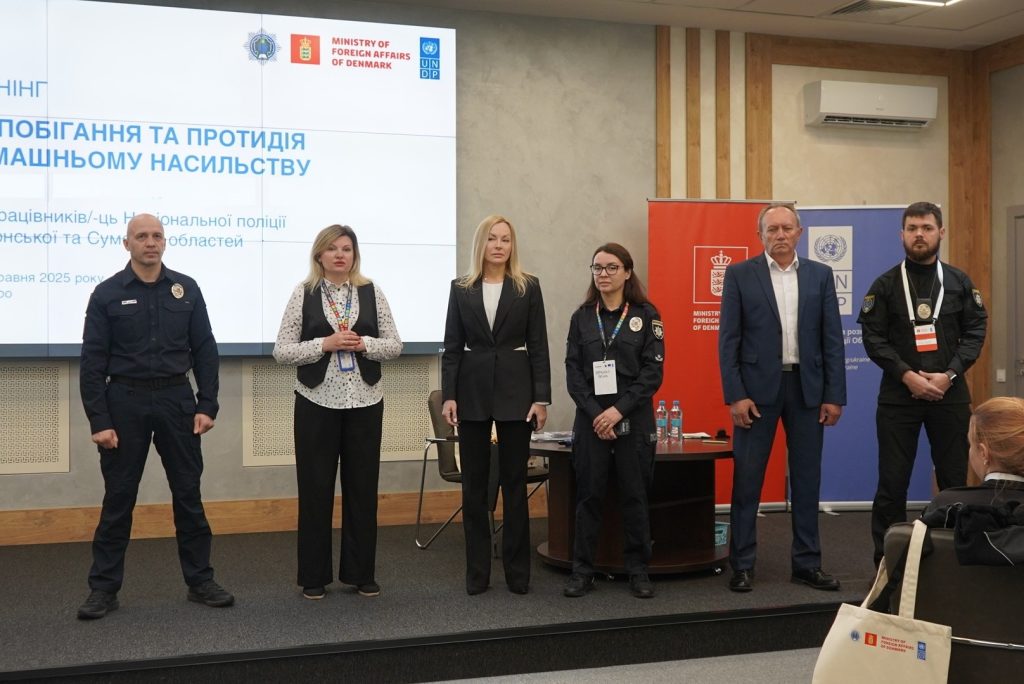The event is dedicated to addressing the detection and prevention of domestic violence by community police officers, Educational Safety Service personnel, and patrol police officers.
The training is organized and conducted by Dnipro State University of Internal Affairs (DSUIA) with the support of the United Nations Development Programme (UNDP) in Ukraine and financial assistance from the Government of Denmark.
The event was opened by: DSUIA Rector, Police Colonel Oleksandr Morhunov; DSUIA Rector’s Assistant on Gender Issues, Doctor of Legal Sciences, Professor, and Honored Lawyer of Ukraine Larysa Nalyvaiko; and UNDP Ukraine Community Security Specialist Svitlana Ryzhkova.
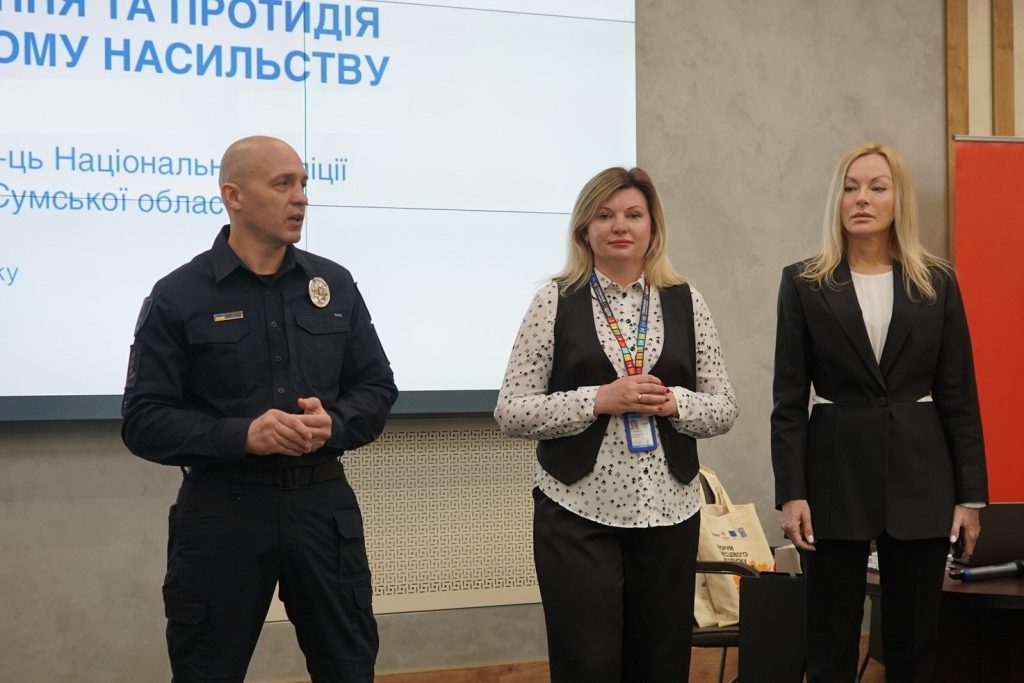
The primary goal of the training is to strengthen coordination and interaction among law enforcement representatives to protect individuals affected by domestic violence and to establish mechanisms for assisting victims, particularly under martial law conditions. The target audience includes National Police officers from Sumy and Kherson regions, with participation from juvenile prevention service representatives, Educational Safety Service officers, community police officers, district police officers, patrol officers, and officers from the domestic violence prevention unit.
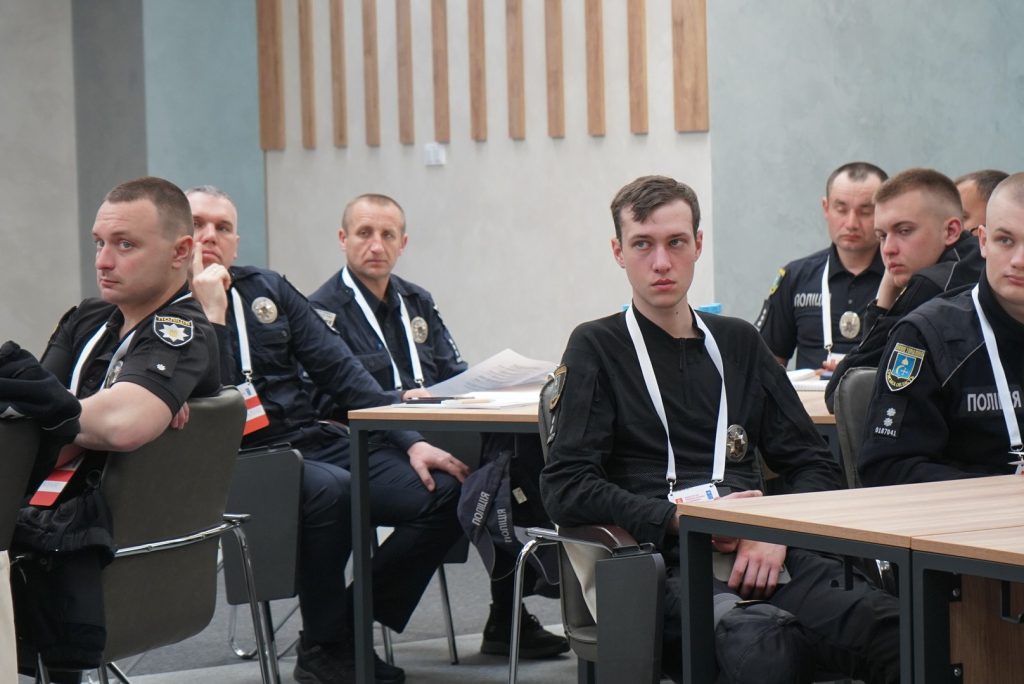
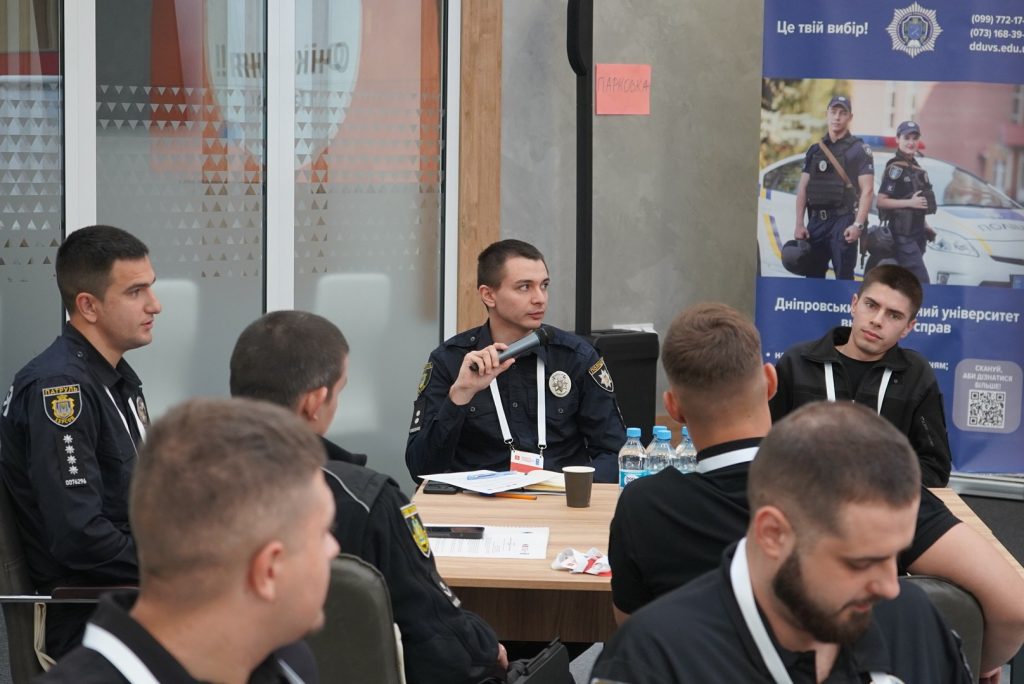
The trainers included DSUIA representatives: Associate Professor of the Criminal Procedure Department, Candidate of Legal Sciences, Associate Professor, and domestic violence prevention specialist, Police Major Alina Harkusha; and Senior Lecturer of the Administrative Law and Procedure Department, domestic violence prevention specialist Mykola Repan.

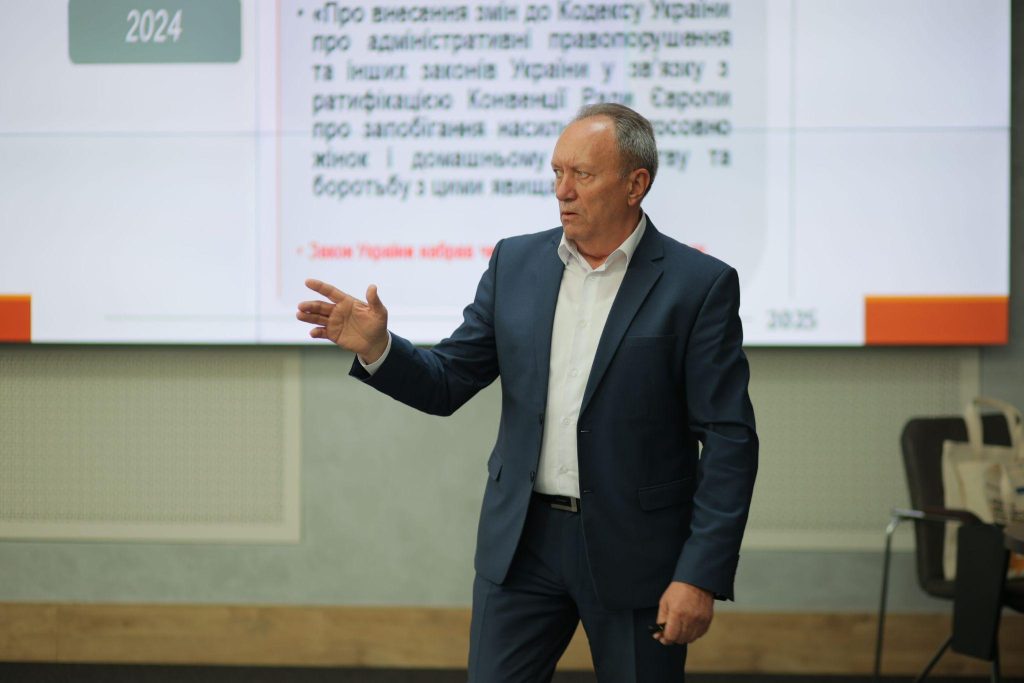
The training was conducted in a session-based format, focusing on key aspects of national legislation regarding the prevention of gender-based and domestic violence. Topics included basic approaches to assisting victims, mechanisms for applying restrictive measures, interagency cooperation algorithms involving police, prosecutors, and courts in identifying violence cases, state programs for working with offenders, and methods for organizing corrective interventions. The practical component featured interactive exercises, case studies, reflective sessions, and group work.


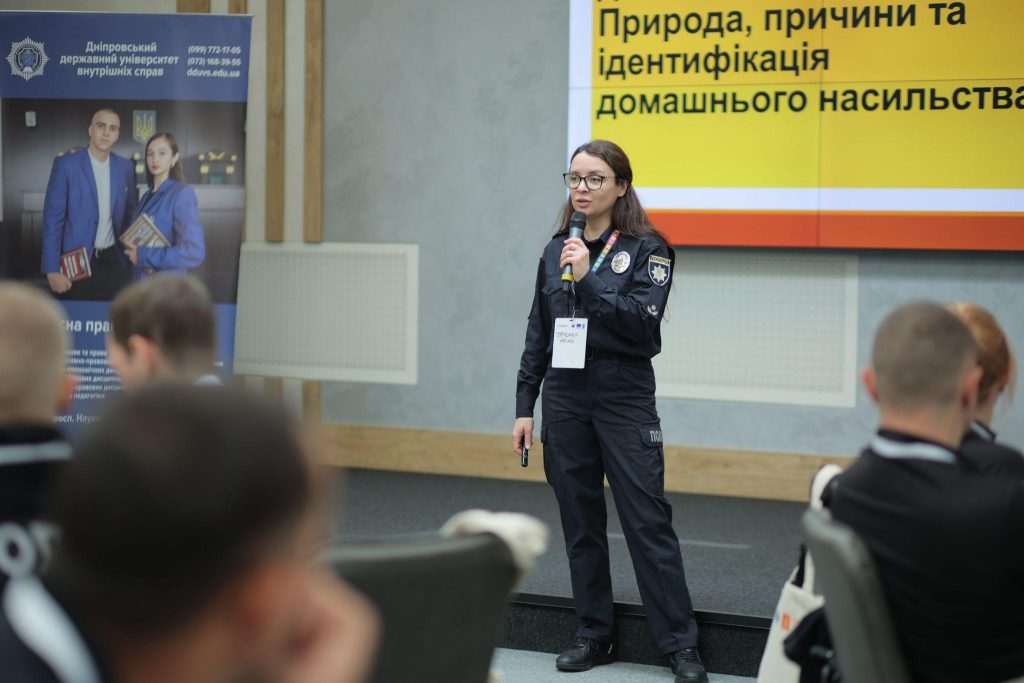
— 317


